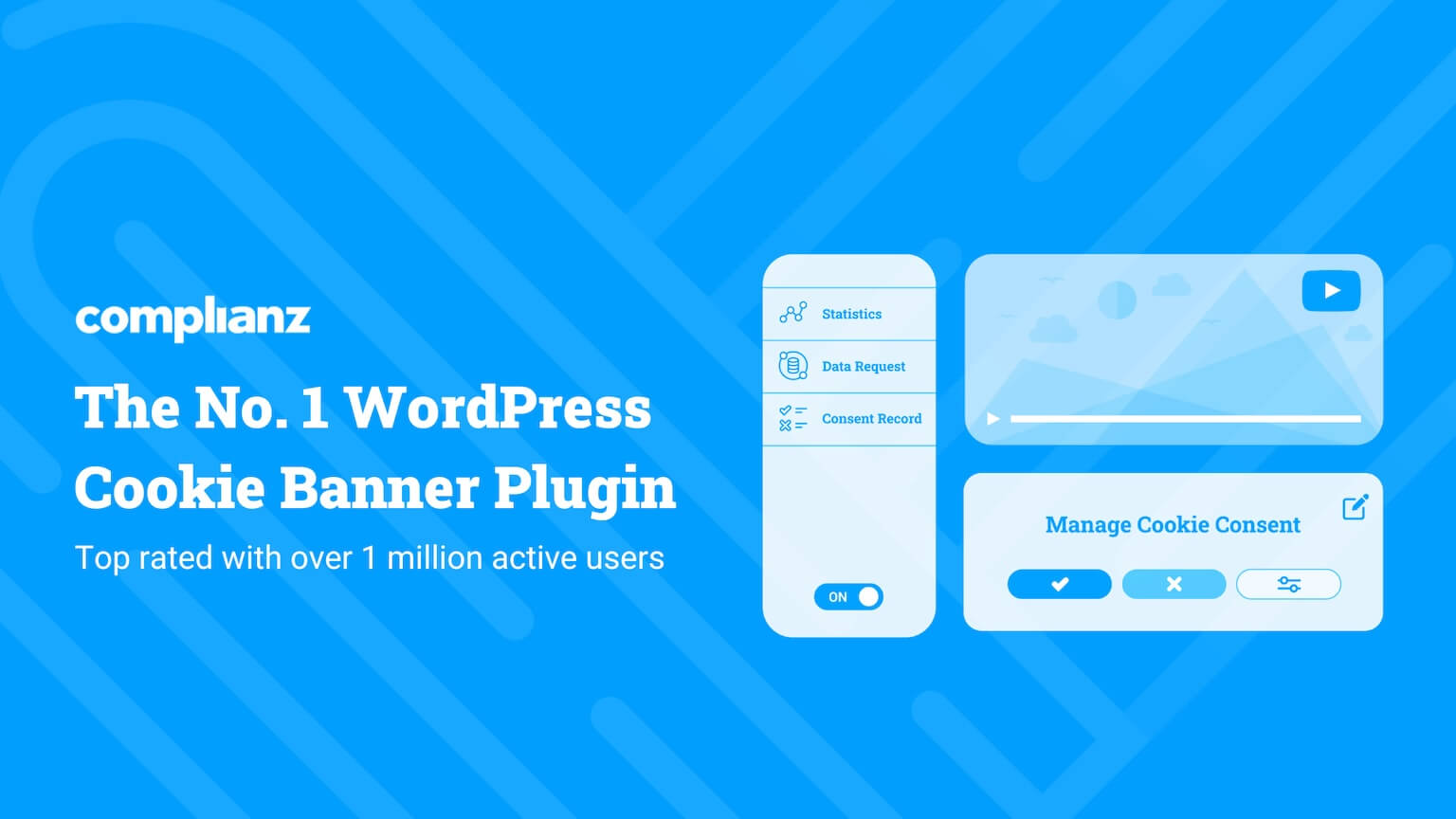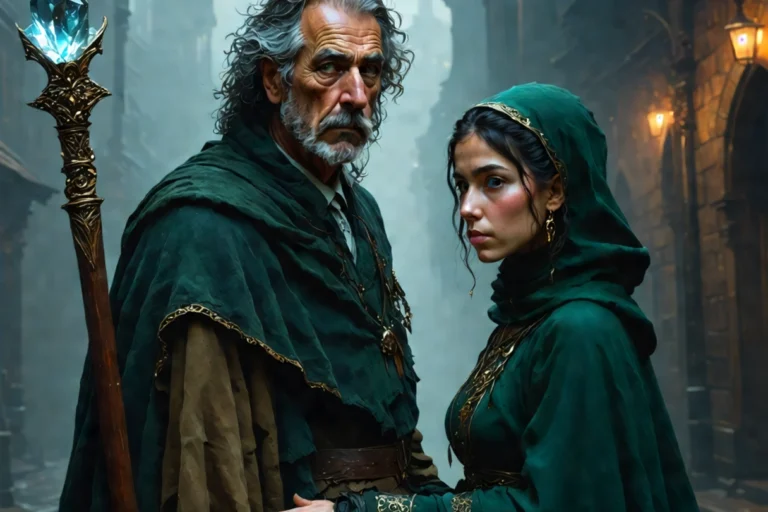Literature of 2025: The Brawl for the Future of Storytelling
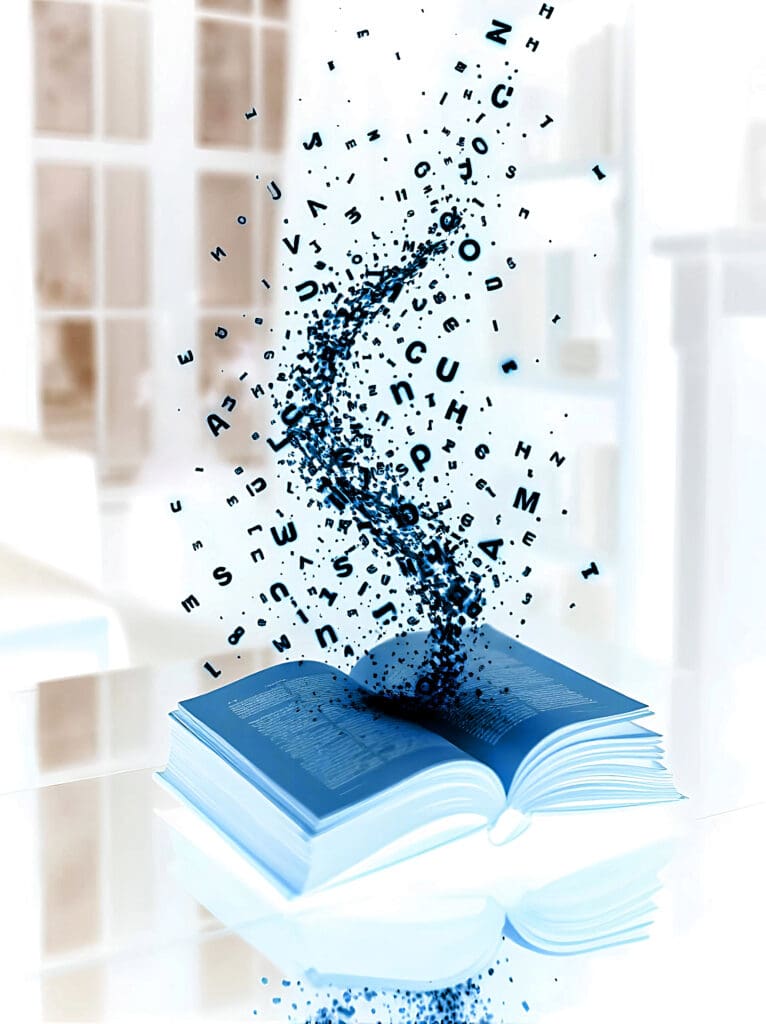
As we enter 2025, the literary world stands at a crossroads, where tradition confronts transformation. Technology, shifting reader expectations, and evolving storytelling modes are reshaping how we consume and create literature. In this article, we explore the trends set to define the literary landscape, revealing a future where books, authors, and readers connect in unprecedented ways.
Share to Social Media
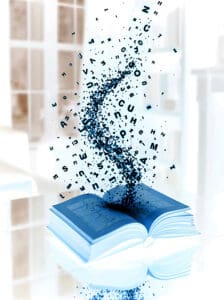
Literature of 2025: The Brawl for the Future of Storytelling
1. AI-Assisted Writing: When Algorithms Meet Imagination
Artificial Intelligence is moving beyond editing and grammar checks to become a collaborator in the creative process. By 2025, AI-assisted writing tools are helping authors brainstorm plotlines, create unique character arcs, and even co-author books. While some see AI as a threat to human creativity, others view it as a valuable partner that opens new doors for experimental literature. This blend of human intuition and machine learning is sparking a fresh debate on authorship and originality in a rapidly evolving field.

2. Interactive Fiction: Readers in the Driver’s Seat
In 2025, readers are no longer just observers; they’re participants. Interactive fiction, where readers make choices that shape the story, is reaching new heights. From branching storylines to choose-your-own-adventure novels, readers are increasingly able to navigate narratives as they see fit. This trend blurs the lines between gaming and literature, creating a world where each reader’s experience is uniquely personal and immersive, putting them at the heart of the story.
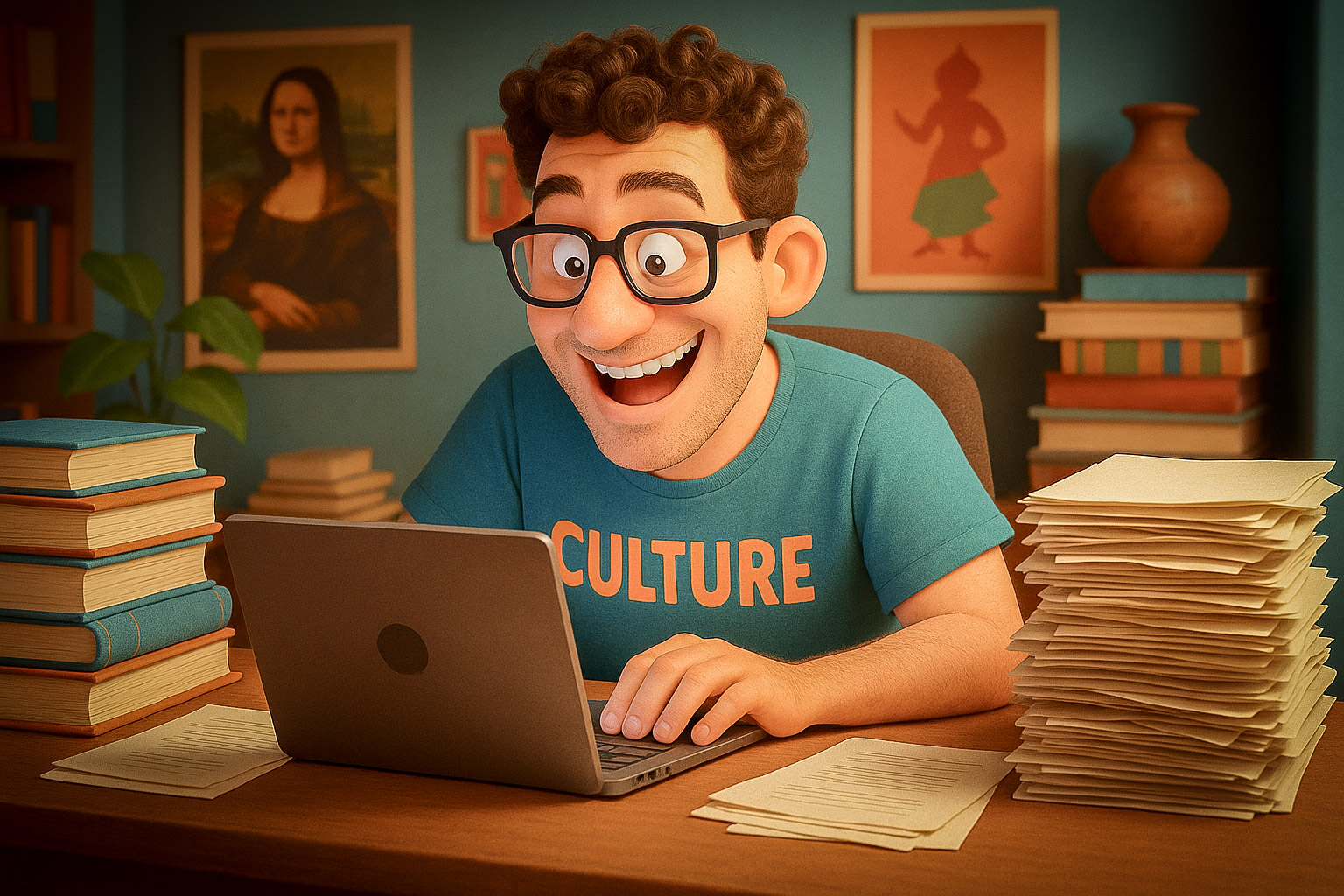
Design. Build. Launch. No Code Needed.
From portfolio websites to full webshops – Elementor lets you build custom WordPress sites visually, fast and beautifully. Join 14M+ users who choose freedom, flexibility, and full design control.
3. The Rise of Serialized Content: Bringing Back the Cliffhanger
Serialized fiction, once popularized by authors like Charles Dickens, is making a comeback in digital form. In 2025, many writers are releasing their works in episodic installments, building anticipation with every chapter. Platforms tailored for serialized storytelling are thriving, as readers enjoy the excitement of weekly updates and cliffhangers. This approach is creating a fresh “brawl” between traditional, one-time publications and a renewed appetite for bite-sized storytelling.
4. Eco-Conscious Publishing: Sustainable Stories from Page to Practice
Sustainability has become a core focus in publishing, influencing everything from materials to distribution practices. By 2025, eco-friendly production methods—like recycled paper, digital-first releases, and print-on-demand—are becoming industry standards. Publishers and authors alike are responding to readers’ call for environmental responsibility, ensuring that the impact of literature goes beyond words on a page to a commitment to the planet.
5. Diverse Voices at the Forefront: A New Chapter in Representation
The push for diversity and inclusivity in literature is stronger than ever. In 2025, readers are demanding stories that reflect a wide range of perspectives, experiences, and backgrounds. Publishers are prioritizing books from underrepresented voices, while authors are crafting narratives that explore race, gender, sexuality, and identity. This trend enriches the literary landscape with authentic, diverse storytelling, making literature a powerful tool for connection and empathy.
The Easiest Way to Stay GDPR-Compliant
6. Audiobook Explosion: Redefining How We “Read”
Audiobooks have gone mainstream, transforming how we consume literature. In 2025, audiobooks aren’t just an option; they’re a major format, with immersive soundscapes, voice acting, and even interactive elements. This auditory experience is reshaping storytelling, allowing books to be “read” anywhere, anytime, while creating an entirely new medium where sound is as vital as the written word.
7. The Influence of Social Media on Book Promotion
Social media is revolutionizing the way books reach audiences. Platforms like BookTok, Bookstagram, and Twitter are driving book sales, creating viral moments that turn unknown titles into bestsellers overnight. In 2025, authors and publishers are leveraging social media to interact directly with readers, fostering online communities and amplifying book discovery in ways that traditional marketing could never achieve.
8. Digital Libraries and the Democratization of Access
The digitalization of libraries is making literature more accessible than ever before. In 2025, readers around the globe can borrow books digitally, bridging geographic and socioeconomic barriers. These digital libraries offer instant access to diverse content, empowering readers who might otherwise lack access to physical books, and helping literature reach a wider audience than ever.
9. Immersive Book Experiences: Beyond the Page
The demand for more immersive reading experiences is on the rise, with books that integrate multimedia elements such as music, visuals, and augmented reality. In 2025, literature is evolving into an experience that extends beyond the written word. Enhanced ebooks, AR scenes, and even interactive apps are giving readers new ways to engage with stories, adding a sensory dimension that transforms reading into a multi-dimensional journey.
10. Self-Publishing Revolution: Empowering Independent Voices
Self-publishing platforms are empowering writers to bypass traditional publishing gatekeepers, bringing their stories directly to readers. In 2025, self-published authors are experiencing unprecedented success, reaching global audiences through digital platforms. This trend is democratizing literature, giving writers control over their creative process and offering readers a wealth of diverse, unique content outside the mainstream.
11. Crowdsourced Storytelling: Writing as a Collaborative Art
Collaborative storytelling, where fans and communities contribute to the development of a book, is creating a new kind of literary experience. In 2025, platforms are enabling writers to seek input from their readers on plot directions, character arcs, and world-building details. This shift towards crowdsourced narratives is redefining the relationship between authors and readers, creating a shared sense of ownership over stories.
12. The Return of the Physical Book as Art
Amid the rise of digital formats, physical books are becoming prized objects of art. In 2025, collectors and enthusiasts are drawn to beautifully crafted editions, from intricate cover designs to high-quality materials and limited print runs. These artisanal books are more than just reading material—they’re treasured pieces that celebrate the tactile and aesthetic pleasure of a book, rekindling a love for the tangible in an increasingly digital world.
13. Gen Z’s Impact: A Generation Redefining Literature
The Gen Z generation is reshaping literature with a preference for authenticity, social consciousness, and boundary-pushing themes. In 2025, this cohort’s demand for socially relevant narratives is driving trends in publishing, as stories address issues like climate change, mental health, and activism. Gen Z readers are also flocking to new platforms that cater to their digital-native sensibilities, changing the very landscape of how and where literature is consumed.
14. Experimental Storytelling Formats: Beyond the Linear Narrative
Literature is exploring new storytelling structures, where narratives break free from traditional linear formats. In 2025, experimental novels are adopting fragmented, multi-perspective, or even nonlinear storytelling techniques. These innovative formats challenge readers, inviting them to piece together the story themselves. This trend is pushing the boundaries of how stories are told, making literature a dynamic, interactive experience.
15. Mental Health Themes in Literature: Stories of Resilience and Healing
With growing awareness around mental health, literature in 2025 is addressing themes of anxiety, depression, and resilience more openly. Authors are exploring the complexities of mental health, creating stories that resonate with readers on a personal level. These narratives are fostering empathy and offering solace, making literature a space for reflection, understanding, and healing.
16. Blockchain and NFTs: The New Frontier in Literary Ownership
Blockchain technology and NFTs are introducing new models of literary ownership. By 2025, NFTs are being used to create limited-edition digital books, giving readers unique “ownership” of their copies. Blockchain is also enabling transparent royalty distribution, ensuring fair compensation for authors. This trend is creating a “brawl” over intellectual property, as publishers and authors explore new ways to secure and share literary rights.
17. Hybrid Genres: Blending Fiction, Non-Fiction, and Everything In-Between
Hybrid genres, which blend elements of fiction, memoir, and journalism, are gaining popularity. In 2025, readers are drawn to these genre-crossing works that defy categorization, merging the imaginative power of fiction with the insights of non-fiction. These hybrids offer a fresh approach to storytelling, reflecting the complexity of the world and pushing literature into uncharted territories.
18. The Power of Book Clubs: Community Reading in a Digital Age
Book clubs are experiencing a renaissance, fueled by online communities and virtual gatherings. In 2025, book clubs offer readers a shared space to discuss, debate, and connect over literature. These clubs foster a sense of community in an increasingly digital world, proving that the social aspect of reading remains as important as ever.
Looking Ahead: Literature in 2025 and Beyond
In 2025, literature is more than words on a page—it’s an interactive, multi-sensory, and inclusive world where stories connect readers across cultures and formats. As technology and tradition engage in an ongoing “brawl” for the future of storytelling, one thing is clear: literature will continue to evolve, reflecting and shaping our shared human experience. Whether through AI-assisted tales, sustainable publishing, or immersive book experiences, the future of literature promises to be as diverse, dynamic, and meaningful as the readers it serves.
